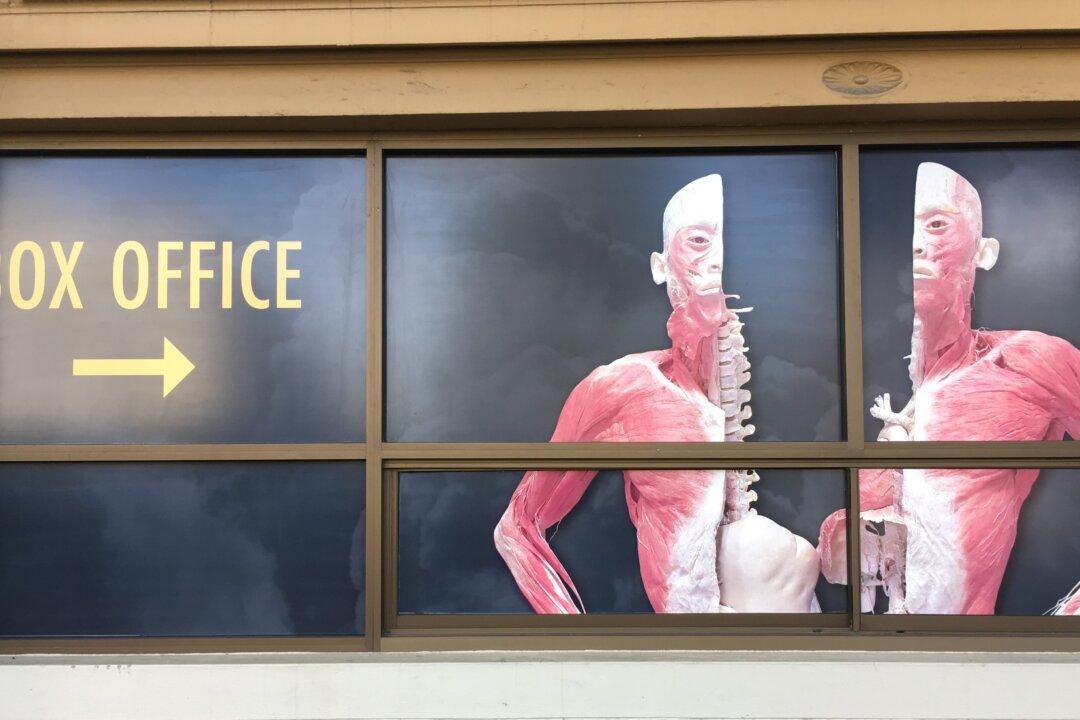Calls to end a controversial exhibition of real human bodies in Sydney is gaining momentum after one of Australia’s specialist medical training organisations, the Royal Australasian College of Physicians (RACP), found that the New South Wales Health Department may have breached its own policies when it approved the exhibition.
The ‘Real Bodies’ exhibition, which displays 20 real plastinated human corpses and 200 plastinated body parts, has continued to attract public outcry over ongoing ethical concerns that the remains may be those of unwilling Chinese citizens. Plastination is the process of skinning human bodies and injecting liquid silicone into the flesh in order to preserve it.





